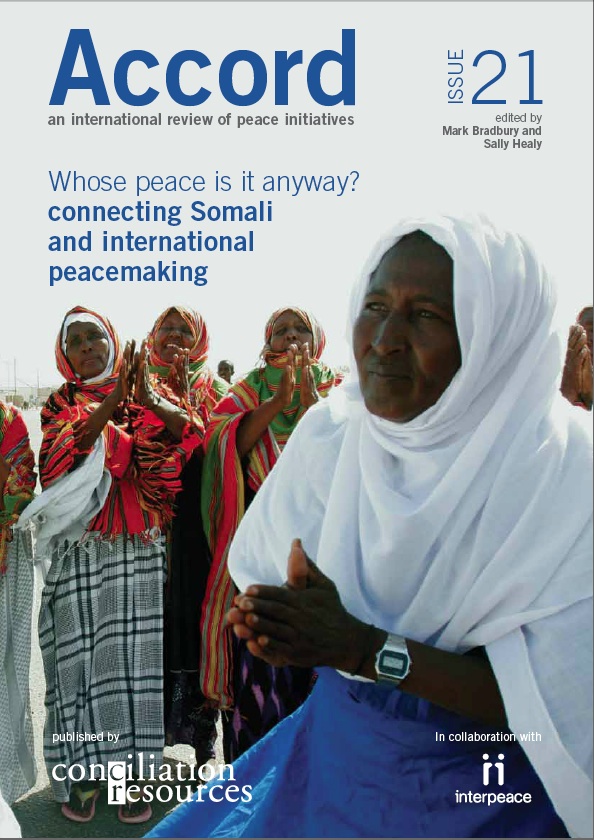The observance and enforcement of customary law depends on respect for authority and social pressure. Xeer are negotiated by councils of elders (xeer-beegti) with specialist knowledge of customary law.
More generally clan elders have, in the absence of government, played a critical governance role to manage conflicts as mediators, facilitators or negotiators. In theory any adult male can be an elder with the right to speak in council (shir). In practice elders are selected as representatives of their clan for their attributes, which may be age, powers of oratory and wealth.
Elders have moral authority and power because these are delegated to them by clan members to advocate on their behalf on all matters that affect or influence their interests. Some clans have more senior titled elders, variously called Isim, Suldaan, Garaad, Ugaas and Malaq. They commonly acquire the title by inheritance and rarely engage in the day-to-day management of clan affairs.
The institution of elders and the power and authority that they command vary considerably within Somali society, and in the past two decades the place of elders has gone through significant changes. In the absence of the state, elders have proven to be immensely important in upholding law and order and they have been central to all Somali-led reconciliation processes.
Neither Puntland nor Somaliland would have survived their internal wars without the constant support and involvement of elders in resolving political and security problems. Although these traditional institutions do not enjoy the resources of a state, their decisions – whether reached under a tree in the pastoral areas or in a modern house in urban centres – can carry the power of a government.
Elders and religious leaders work daily with pastoralists to share wells and grazing land without resorting to violence. When an incident occurs between two clans, the elders of both sides ideally would convene a meeting to discuss the matter frankly and to resolve the conflict through peaceful dialogue and consensus. The resolution reached may involve reparation of damages followed by a solemn statement that such incidents should be avoided in future. Religious leaders who assess the damages and the value of the reparation to be made according to Shari’a assist the elders in their deliberations.

